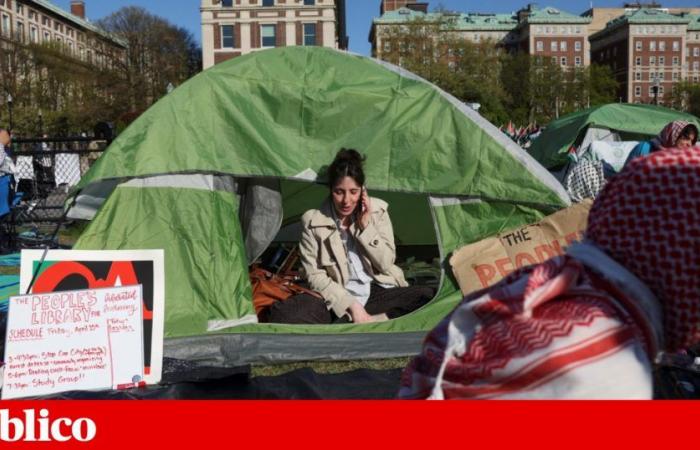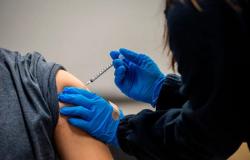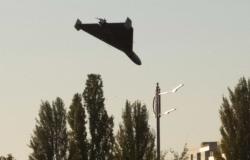The leader of the United States House of Representatives, Mike Johnson, joined other Republican Party figures in criticizing the way in which the administrations of the country’s main universities are handling protests on their premises against the Israeli Army’s offensive. in the Gaza Strip.
On a visit to Columbia University, in New York, Johnson defended the entry of the National Guard into educational institutions — something that has not happened since the protests against the Vietnam war, more than five decades ago.
“If the situation is not brought under control quickly, and if the threats persist, there will be a time for the National Guard,” Johnson said, referring to reports that some pro-Palestinian protesters have intimidated and physically assaulted Jewish students.
“We have to bring order to these areas”, said the leader of the House of Representatives, who also spoke of the possibility of calling the President of the USA, Joe Biden, to discuss the situation.
In a short comment on Johnson’s statements, White House spokeswoman Karine Jean-Pierre only highlighted that it is not the President of the USA who mobilizes the National Guard, but rather the governors of each North American state.
Arrests in various states
On April 18, Columbia University President Nemat Shafik called the New York police to dismantle a protest camp in the main city. campus of the institution, in an operation that ended with more than 100 students detained.
Despite the police intervention, the students returned to set up camping tents in the same area a few hours later, and images of Columbia University students being taken away by the police gave rise to similar protests at many other universities across the country, from California to Florida. , from Ohio to Texas.
Since then, several dozen students have been detained by local police and protests against Israel continue to emerge across the country.
According to critics of the police intervention in New York, Shafik’s decision was taken under pressure from the Republican majority in the US House of Representatives, from which the main accusations that the country’s universities are heading towards chaos arise.
Shafik’s request to the New York police was made just hours after the official promised that she would keep the situation under control, during a hearing at a Congressional committee that has been investigating allegations of anti-Semitism at US universities.
Political advantage
The Columbia students demand that the administration sever all ties with Israeli companies and divest from investments related to the military industry, a position that protest leaders say was inspired by the anti-Israeli struggle.apartheid from the mid-1980s, when students at the time led the university to move away from business with the South African Government.
In a comparison with previous periods of protests at US universities — in the 1980s and, before that, at the height of the Vietnam war —, the president of the Columbia student association, Tejasri Vijayakumar, told the Washington Post that the current generation of students is more obstinate in their activism.
“One difference that exists in relation to previous generations is that university, in the past, was a rite of passage into adulthood”, he said Vijayakumar. “In our case, we started in elementary school during the financial crisis, moved to secondary school during the Trump Administration and reached university during the pandemic. We have never lived in normal times.”
Although anti-Israel protests at US universities began in 2023, shortly after the start of the Israeli Army’s offensive in Gaza — in response to the Hamas attack on Israeli territory on October 7 — attention to the issue has grown in the last week, in anticipation of the tough election campaign for the White House that lies ahead.
Heard by New York TimesDaniel Schlozman, an expert on social movements and political parties at Johns Hopkins University in Maryland, considers that the Republican Party is trying to capitalize on the unity in the party around Israel and the division that exists in the Democratic Party on the same issue.
“Parties try to find issues that unite their supporters and that divide supporters of the opposite side,” said Schlozman, who said the arrests at universities give the Republican Party the feeling that divisions in the Democratic Party could become even more pronounced.
Tags: Republicans admit military intervention universities USA
--





